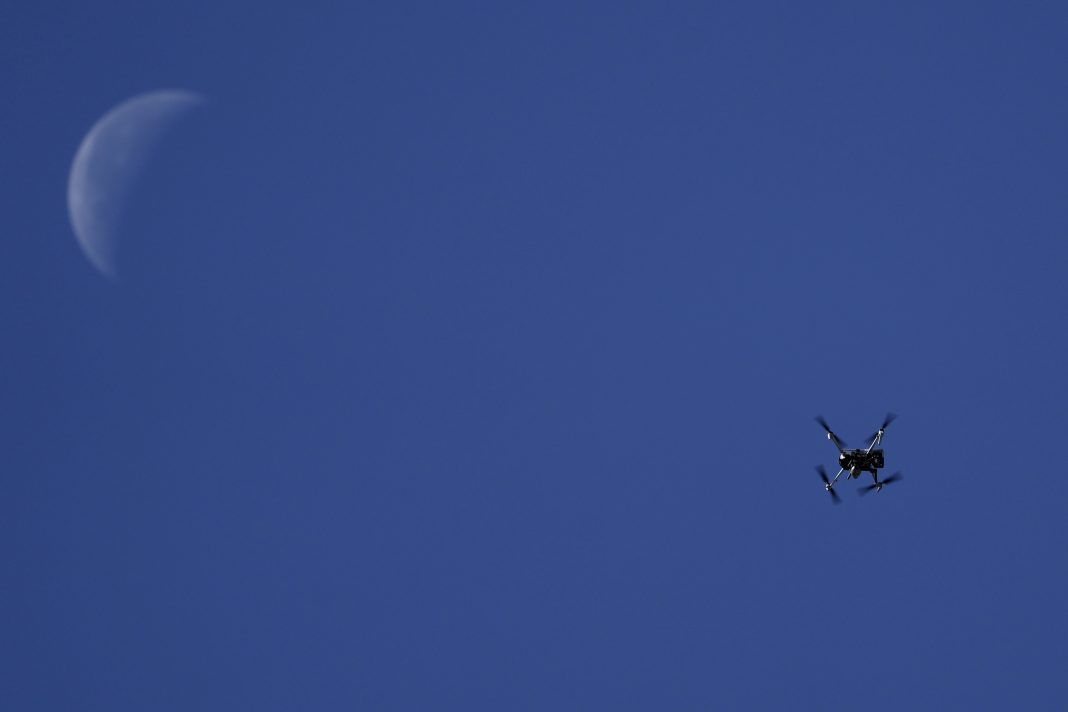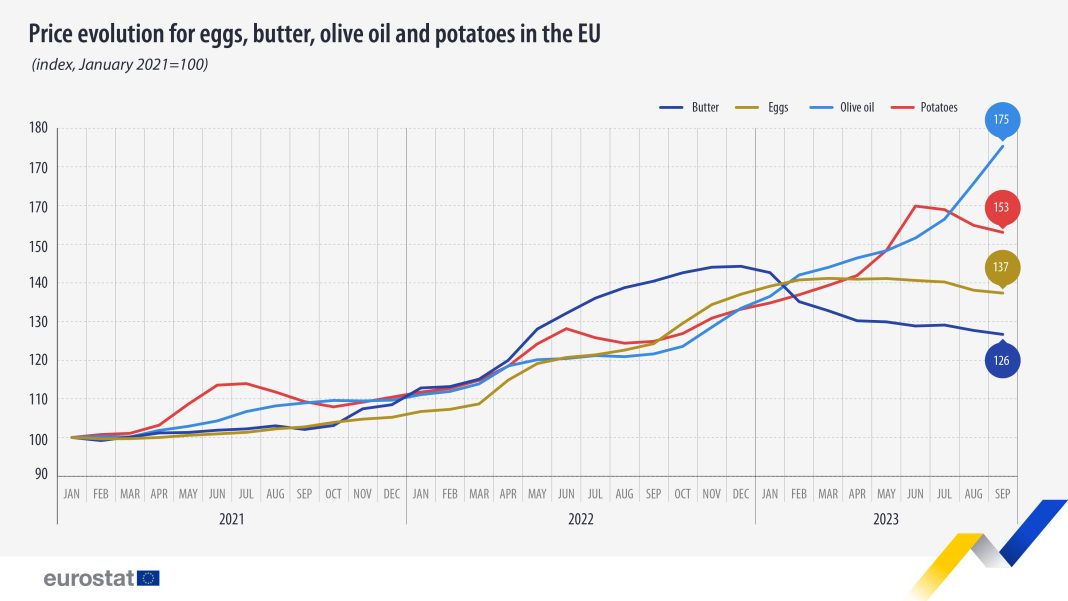The war in Gaza has had a significant impact on the success of Israeli drone startup XTEND. The company has shifted its focus to providing the Israeli military with affordable and nimble robot aircraft, which has led to $40 million in new venture capital funding. This funding will be used to refine the software of XTEND’s drones to better serve Israel’s Ministry of Defense. However, despite its venture capital success, XTEND has also been soliciting charitable donations for its drones.
The XTEND-Support-Israel.com website featured a donation page urging people to support Israel’s defense by donating to the production and deployment of life-saving systems for IDF troops. The website included a marketing montage of XTEND robots in action, showcasing their ability to perform accurate maneuvers in combat scenarios. However, the website was taken down after questions were raised about the campaign.
U.S. law allows nonprofits operating overseas to receive charitable contributions, but there are concerns about directing these donations to fund combat. XTEND did not respond to questions about its fundraising campaign, but AlmaLinks, the nonprofit listed on the website as participating in the fundraiser, asked XTEND to take it down. The fundraiser directed American donors to a PayPal page where tax-free contributions could be sent through FJC: A Foundation of Philanthropic Funds, a U.S.-based donor-advised fund. However, FJC disavowed the campaign and instructed XTEND to cease and desist using its name.
XTEND’s drones are known for their flexibility, affordability, and powerful cameras, making them valuable surveillance tools. They can also drop items or weapons from high above, providing an advantage in combat situations. Testimonials from Israeli soldiers on the XTEND website highlight the importance of drones in combat, with one soldier stating that drones can go inside buildings, perform searches, and clear houses without risking human lives. XTEND has also been involved in offensive operations, with reports stating that the IDF has used XTEND drones to drop grenades in Gaza.
The war in Gaza has played a crucial role in XTEND’s success and future. The company has deepened its ties with the Israeli military since the conflict began, shifting its focus entirely to developing systems for the IDF. The recent venture capital round will help XTEND refine its drones’ software to better serve Israel’s Ministry of Defense tier-1 units.
However, the use of drones in combat has raised concerns about civilian casualties. Reports have described how the IDF has increased its use of small quadcopters to drop explosives and fire mounted rifles at Palestinians in Gaza. One Palestinian recounted the killing of his cousin, who was targeted by a quadcopter bomb. The online fundraiser for XTEND’s drones listed AlmaLinks as the organization processing donations, but AlmaLinks claimed to have no knowledge of the fundraiser and asked XTEND to take it down.
Legal experts have warned that charitable contributions should not be used to support combat, as it raises questions of complicity in war crimes. U.S. tax code allows for a great deal of latitude in such fundraising efforts, and the lack of oversight by the IRS makes it difficult to regulate. Lawmakers and nonprofit experts have criticized the network of U.S. nonprofits that funnel tax-deductible dollars to illegal Israeli settlements, and pending legislation in New York aims to target nonprofits facilitating such donations. The XTEND fundraising operation is the kind of activity the legislation seeks to address.
XTEND’s fundraiser is not the only ongoing drone crowdfunding effort related to the war in Gaza. The Israeli Resilience Association and the One Israel Fund have also raised significant amounts of money for drones to be used in Gaza and illegal settlements in the West Bank. These fundraising efforts raise concerns about supporting war crimes and genocide, which are illegal under international law.
In conclusion, the war in Gaza has had a significant impact on XTEND’s success and fundraising efforts. While the company has secured venture capital funding and military contracts, it has also solicited charitable donations for its drones. The use of drones in combat raises questions about civilian casualties and complicity in war crimes. Pending legislation in New York aims to address the issue of nonprofits facilitating donations to illegal Israeli settlements. The fundraising campaigns for deadly Israeli military drones highlight the need for greater oversight and regulation in the charitable sector.


